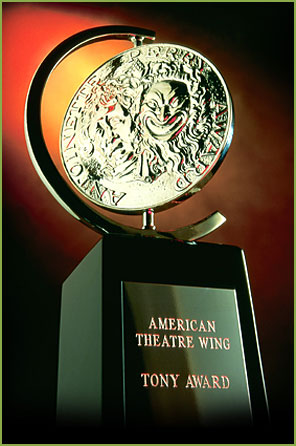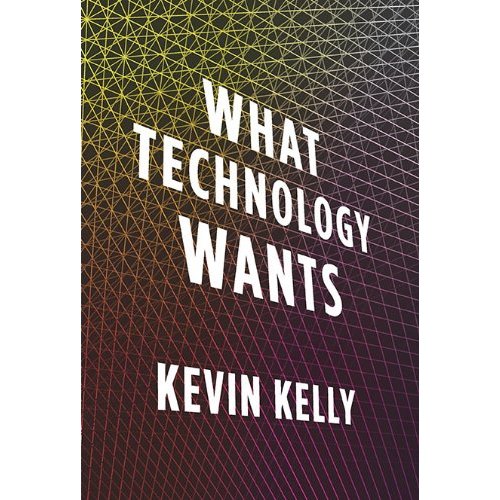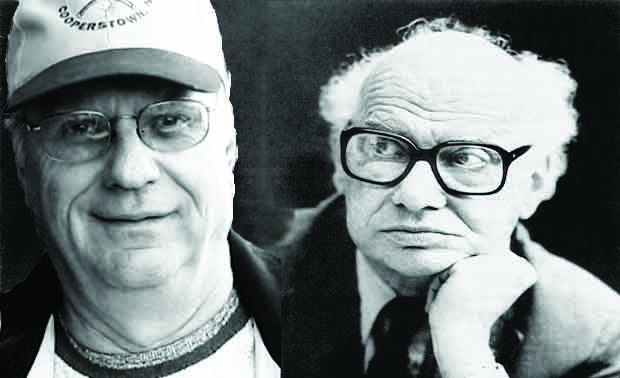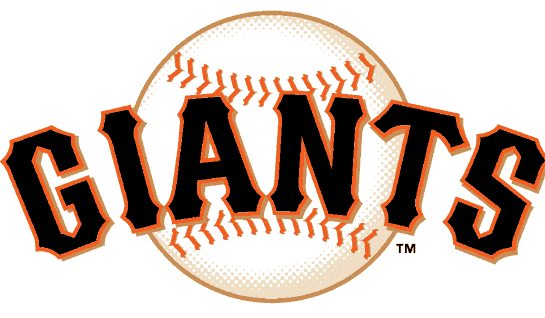I really dig Guitar Hero. From the first time I picked up a four buttoned plastic guitar and jammed out to We Got The Beat at the 2007 SIGGRAPH computer graphics conference I was hooked. Having a reasonable amount of musical aptitude, I took to it pretty quickly. I can usually sight read songs at the hard level without failing (on guitar at least, drums are a bit harder for me). I’m pretty sure I’d be able to get through expert, if only there was a display mode that showed real rhythmic notation (e.g. eighth notes and quarter notes) instead of the scrolling piano roll that makes it hard to keep track of the beat.
But is Guitar Hero good for music?
Growing up I was magnetically attracted to music. My dad was an athletic director for a high school and every autumn weekend I would go with him to the football games. I never paid attention to the games, I just wanted to hear the marching band play. There’s a picture of me at the age of 3 sitting inside a sousaphone, trying to blow into a mouthpiece about half the size of my face.
As soon as I was old enough, I started learning how to actually participate in music. First violin, then trumpet, and then (much later) piano. I would spend countless hours practicing so I could play some role however small, in creating the ensemble sounds that I found so enrapturing. Sitting in a band or orchestra, playing the right notes at the right time, contributing my voice to something greater than the sum of it’s parts remains a deeply enriching experience.
But the funny thing is, these days, when I play Guitar Hero, I feel that same musical itch scratched to a surprising extent. It really FEELS like I’m playing that music, like I’m a great guitar player. I find myself wondering, if I could have had this semi-instant gratification, the illusion that I’m creating music when I was 10 or 11, would I have bothered spending those countless hours learning how to be at best a middling trumpet player? Or would I have spent those hours learning how to press the right buttons on the Guitar Hero controller at the right time, rewarded by the perfect strains of The Who or Led Zeppelin from my speakers. To be sure Guitar Hero does require a real level of expertise, but with the possible exception of the coordination needed for the drum part, that skill doesn’t translate into anything involving the actual creation of music.
Perhaps Guitar Hero will end up being a kind of gateway, encouraging kids to eventually graduate from the plastic toggle switch to a real guitar. I’m not so sure. A friend of mine who is a pretty accomplished guitarist often says that the only way to become a great guitarist is to truly enjoy being a crappy guitarist for a long time. I wonder if folks will bother suffering through the crappy guitarist portion of their lives when the illusion of rock legend status is just a power button away.
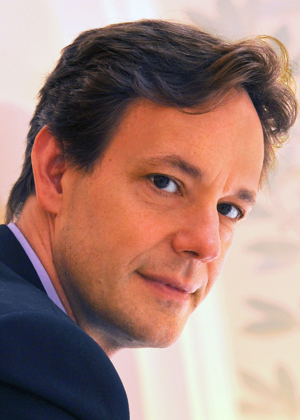 Jake Heggie is kind of a big deal. If his own story were made into an opera, it would be laughed off as contrived and unbelievable (even more so than most opera plots). A working stiff writing copy in the PR department of a national opera gets noticed by the right people and is launched to superstardom (by opera standards) by a series of highly successful commissions. But amazingly this story is true. From his first commission, Dead Man Walking, and to his recent triumph with Moby Dick, Heggie is one of a handful of living composers who actually get to see their operas produced multiple times.
Jake Heggie is kind of a big deal. If his own story were made into an opera, it would be laughed off as contrived and unbelievable (even more so than most opera plots). A working stiff writing copy in the PR department of a national opera gets noticed by the right people and is launched to superstardom (by opera standards) by a series of highly successful commissions. But amazingly this story is true. From his first commission, Dead Man Walking, and to his recent triumph with Moby Dick, Heggie is one of a handful of living composers who actually get to see their operas produced multiple times.